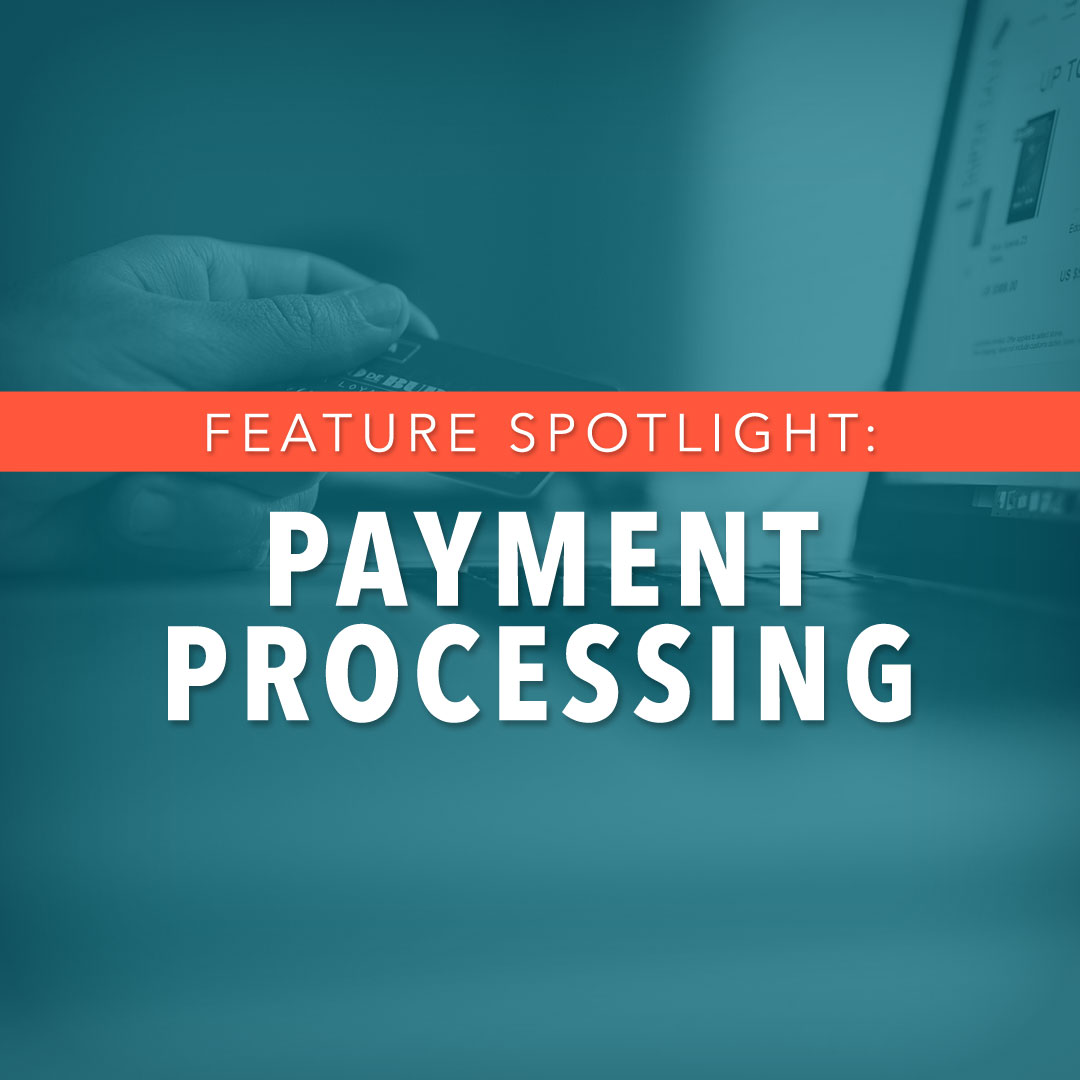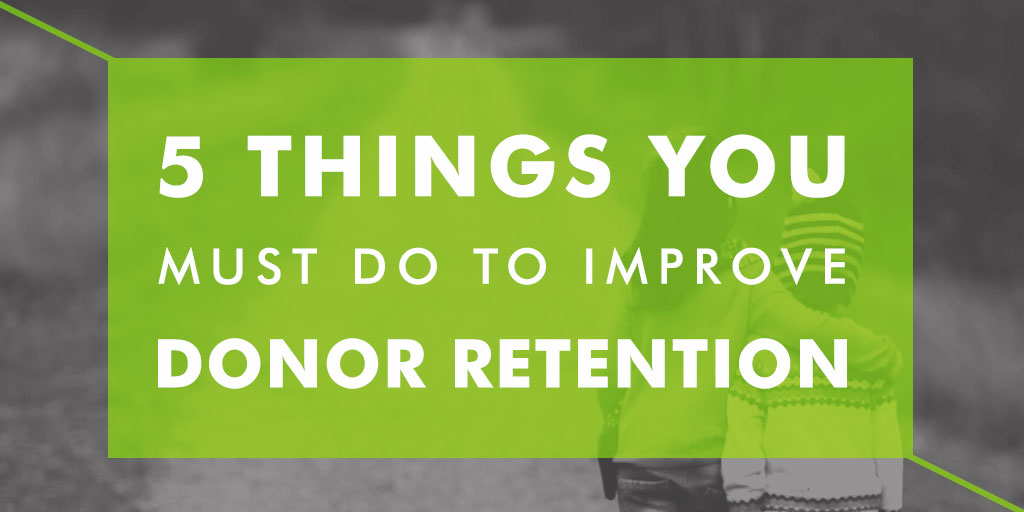In a perfect world, donors would never lapse and we’d never have to worry about strategies like donor retention. But unfortunately neither the world nor our donors are perfect, so it’s up to us to compel our people to stick around.
Donor retention is simply the practice of keeping your donors engaged and interested enough in your organization to continue giving, volunteering and staying involved. At the end of the day, every step and aspect of any donor retention strategy boils down to one crucial idea: building relationships.
Think about it. In your own life, who are the people that you’re willing to rescue when they find themselves stranded on the side of the highway with a flat tire. Who are you willing to pick up from the airport at 2 a.m. just to save them a taxi fee? It’s your closest friends and family, correct? They are the people that would make the same sacrifices for you, all because mutual trust and respect has been established through healthy relationships.
We can follow the same model in our donor development and retention strategies. If our donors feel that we have invested just as much in the relationship as they have, then they are free to trust us with their time, money and resources. Without trust, relationships don’t exist. Without relationships, you have no donors. Without donors… well, there would be no nonprofits.
Below are just a few of the ways that you can start building stronger relationships with your donors to improve your overall donor retention.
- Believe that you need your donors. As a team, are you truly grateful for your donors? You might say you are in your communications, but how well has every member of your team adopted that attitude? If you don’t truly believe that your donors are valuable to the success of your organization, that insincerity will drip down through all of your interactions with donors and they’ll pick up on it. Make sure your entire team values donors with deep gratitude.
- Be credible. Show that you are using your donors’ dollars well and that, as an organization, you are having impact where and how you said you would. This can be down through direct mail, email communications, video, social media, live broadcasting events, donor parties, and so much more. Your donors are holding you accountable and waiting for you to prove that you’re credible, so take every chance you can to show that you can be trusted.
- Communicate well. Communication is key in any kind of relationship, even with your donors. If you haven’t already, you should put systems in place that allow you to communicate to each donor group according to the channel they prefer (direct mail, email, social media, etc.) in the frequency they prefer (daily, weekly, monthly, etc.). Doing so shows your donors that you care about (and implement!) their preferences and helps you to avoid exhausting your donors with too much or too little communications.
- Provide great donor service. At some point in their relationship journey with you, donors may have questions they need to ask or even concerns they need to voice. Make sure that you have a place where they can do that, whether it’s a phone number they can call during office hours or an email address they can reach. Whatever you choose to provide, make that contact information easily accessible throughout your site, your social media and your communications; don’t make people dig to find a way to reach you. And when they do they reach you, be kind and patient and offer to help however you can. Giving your donors an easy way to reach you helps them feel comfortable asking their questions whenever they pop up. If people have to search to find their answers, they may end up discouraged or even give up, resulting in a lapsed donor and lost commitment.
- Engage them beyond the checkbook. We talked a lot about this in one of our recent blog posts. But here’s why you should do this: Not all of your donors will be financially stable enough to give to you month after month for the entire lives. By providing opportunities for donors to stay plugged in beyond giving financial gifts helps to retain donors even when life gets hard financially. Plus, sometimes families want to get their kids or friends involved with your organization and having fun ways to do so provides an easy on-ramp for those people. For ideas on how to do this, click here.


-1.jpg)







